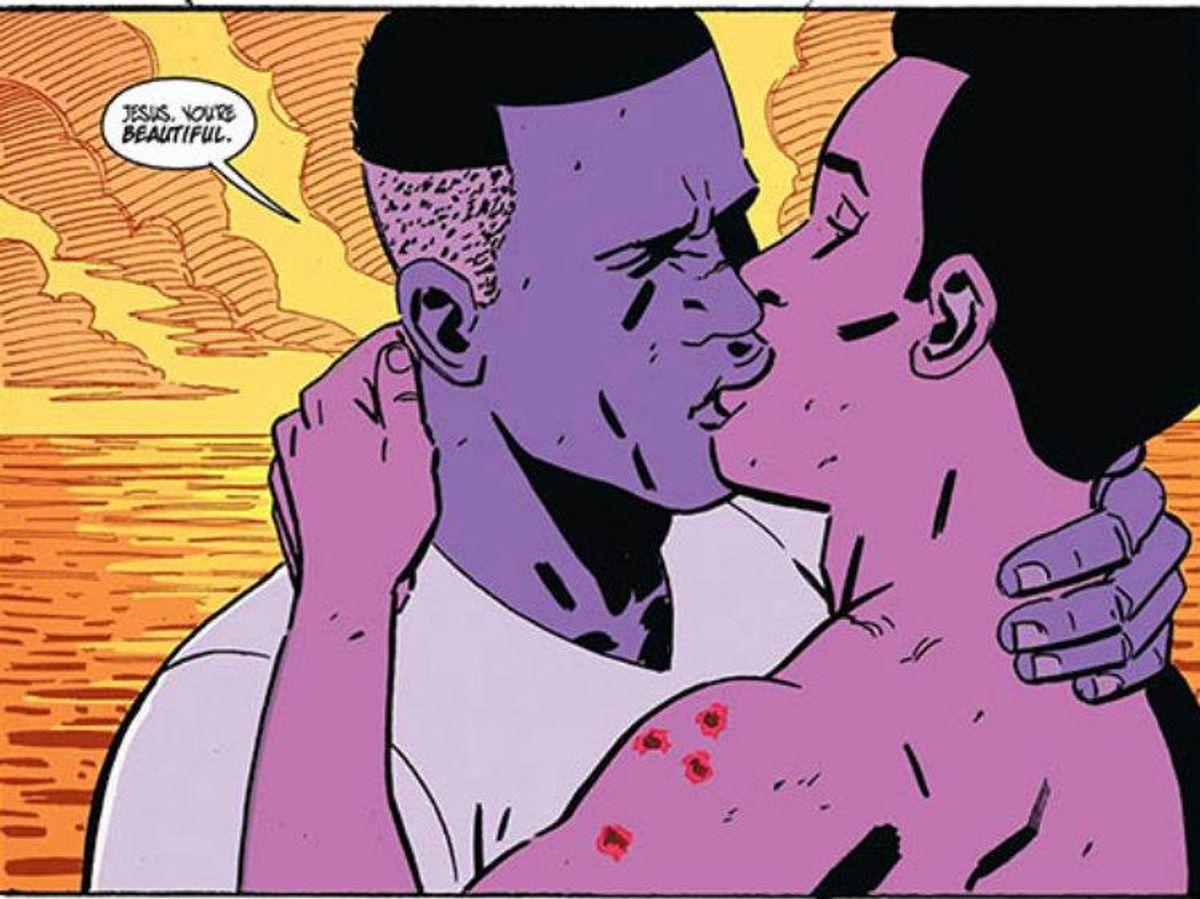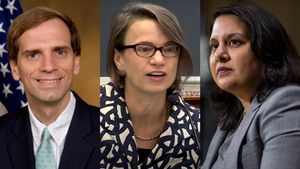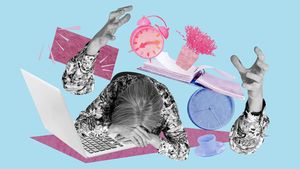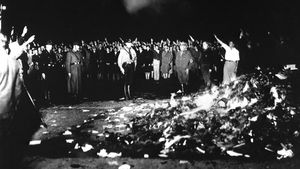Photo: Image Comics
Today's entertainment and media landscape is a much more welcoming place for minority perspectives than it ever has been. The strides that have been made to include racial, sexual, transgender, and other minorities aren't negligible, especially in television--thanks in part to some of the streaming services that can cater to niche audiences.
Comic books, which have been inclusive for a much longer time, are inking more diverse characters, and even the big companies Marvel and DC are getting in on the action. Steve Orlando, the writer who helped resurrect DC's Midnighter, is keeping gay men in the niche world of comics grounded, current, and real.
Out: In the first issue, we see Midnighter using a very Scruff and Grindr-like dating app. How do you decide how much "gay stuff" goes into the story without saturating it?
Steve Orlando: It comes down to my approach to queer representation in general and Midnigther in particular. In the day-to-day world we want to be treated like everyone else, we want to be treated equally. So when it comes to what goes into the book I approach it the same way as if I were writing Grayson or Green Arrow. Those characters, the playboys, kill it in the bedroom and so does Midnighter. We give him just as much screen time for that and relationships as those characters because we want him to stand toe-to-toe with them. The way to do that is to show that he doesn't need special treatment and we don't need to fetishize anything.

In Midnighter's original incarnation, he was married to Apollo. It's early in this new series and we were left with quite the cliffhanger in issue six that concluded the first arc, but what can we expect from Midnighter relationship-wise? Gay marriage is legal now so can we expect a wedding issue someday?
There's certainly a plan laid out. In the original series it was a different animal. Midnighter didn't get married for almost 10 years after he was created and when he debuted in 1998 he and Apollo had already been living together off-page for five years. I think this is an opportunity to give them a storybook romance, but I think they deserve more. If it happens they deserve to work for their relationship like we all have to. I want them to earn it because real relationships are work.
Tell us more about writing for Batman & Robin Eternal right now and the attention you're getting for your book, Virgil.
Virgil is my book at Image Comics, and much like we've done with Midnighter, giving us the confident gay male superhero, Virgil is the next step. Not just exploitation or blacksploitation, but queersploitation. It's about an outed cop in Jamaica fighting his way across the country to rescue his man. I've talked a lot about the type of roles that any underrepresented group is allowed to have and how that has to change. Representation isn't just about seeing people in books, but about where you see them in books.

Why set the story in Jamaica?
In Jamaica it's not safe to be gay, but at the same time Virgil is fighting for the person he loves. If you get down to it, that's something we can all identify with and it's a way to show people and help them understand in a way they haven't before. One of the reasons the gay civil rights movement has gone forward is that more and more people are coming out. People who formerly had no opinion realize they know gay and queer people and they say, "ah, they're not a goblin, they're a person." With Virgil that's what we're trying to do. Not only that, but also shine a light on what's happening in Jamaica. It's shocking for people who are used to the American gay civil rights movement. It's important to show a face of the queer community that isn't white or European. It's an exciting action book that is also cathartic.
Virgil and the first seven issues of Midnighter are available now. Keep up with Steve Orlando on Twitter and his blog.






















































































